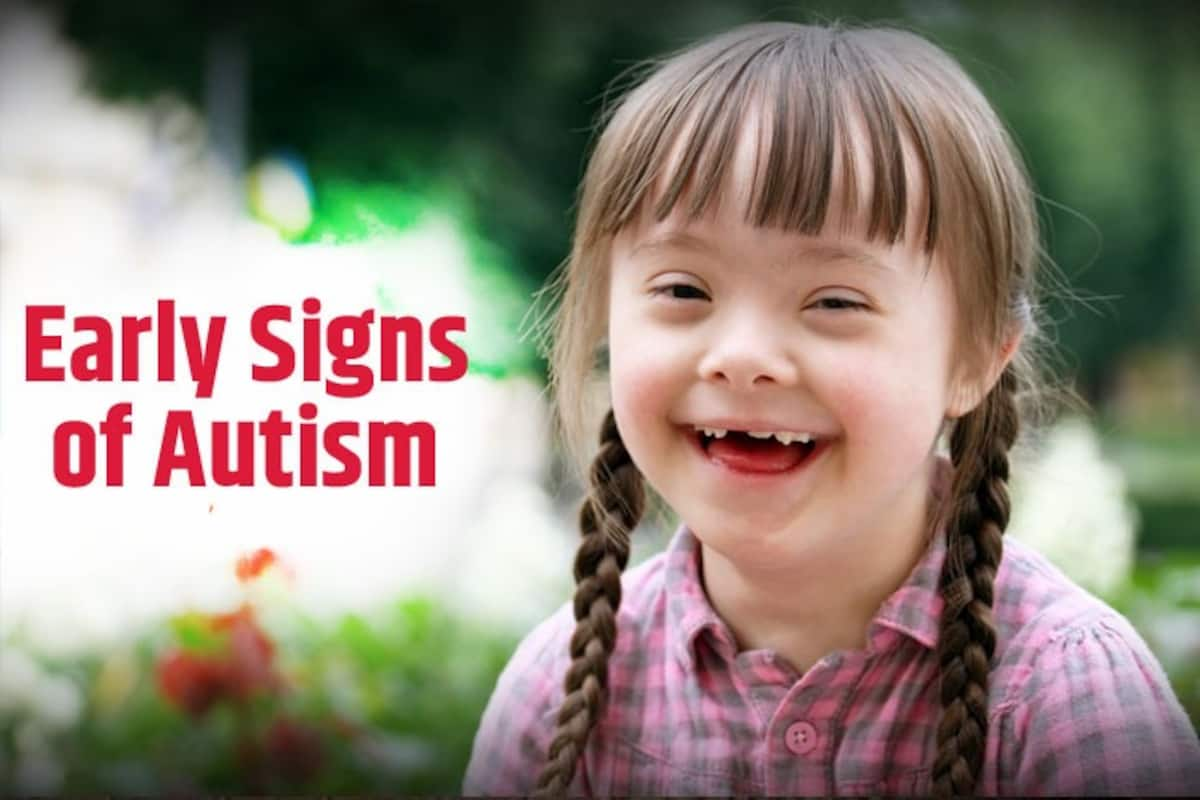The Role of Education And Learning in Supporting Students with Autism: Ideal Practices
The Role of Education And Learning in Supporting Students with Autism: Ideal Practices
Blog Article
Understanding Autism: A Comprehensive Guide to Symptoms and indicators
Autism Spectrum Disorder (ASD) encompasses a broad array of features that can substantially impact an individual's social interactions and day-to-day functioning. Recognizing these subtleties not just aids caregivers and educators in offering suitable support yet additionally promotes a much more comprehensive atmosphere for people with ASD.
Summary of Autism Range Condition
Defining Autism Range Problem (ASD) involves acknowledging it as an intricate neurodevelopmental condition defined by a range of challenges in social communication, communication, and behavior patterns. The term "spectrum" shows the broad variability in signs and their severity, which can differ substantially from one person to an additional. ASD usually materializes in very early childhood, although some people may not get a diagnosis up until later in life.
Factors influencing the advancement of ASD consist of hereditary predispositions and ecological aspects, although the exact reasons stay under examination. Diagnosis typically relies upon behavioral analyses, as there are no definitive clinical tests for ASD. Early treatment is important and can significantly improve outcomes, concentrating on boosting communication abilities, social interactions, and flexible habits.
Individuals with ASD may additionally exhibit unique strengths, such as exceptional interest to information or particular areas of knowledge. Comprehending the complex nature of ASD is essential for cultivating an inclusive environment that accommodates neurodiversity. Continued research is crucial for developing effective interventions and assistance systems, enabling people with ASD to prosper and satisfy their possible within culture.
Common Indicators of Autism
Acknowledging the usual signs of Autism Range Problem (ASD) is crucial for early recognition and treatment. These indications can vary commonly in severity and discussion, but specific characteristics are regularly observed in individuals with ASD.
One of the most prevalent signs is a significant problem in maintaining and establishing eye call. People may additionally display limited rate of interest in social communications and reveal a choice for solitary play.
Sensory sensitivities are additionally common; individuals may overreact or underreact to sensory stimulations, such as lights, appearances, or noises. autism. Language advancement can be atypical, with some kids displaying postponed speech or using language in uncommon means, including echolalia-- duplicating phrases or sentences listened to in other places
It is necessary to keep in mind that not every person with ASD will show all these indicators, and the degree of these actions can differ considerably. Early acknowledgment permits timely support and sources, boosting the lifestyle for those on the range.
Social Interaction Obstacles
Social interaction difficulties are a trademark of Autism Spectrum Condition (ASD), affecting a person's capacity to involve properly with others. These difficulties can show up in different means, including challenges in launching and maintaining discussions, recognizing social cues, and responding suitably in social interactions.
Individuals with ASD may have problem with nonverbal interaction, such as eye call, facial expressions, and body language. This can bring about misconceptions, as their communicative intent might not be correctly interpreted by others. They may locate it difficult to comprehend the subtleties of tone and context, which are vital for efficient communication.
In team setups, individuals with ASD may feel overwhelmed and might not know how to join in conversations (autism). They could additionally exhibit irregular conversational patterns, such as monologuing regarding specific passions without acknowledging social reciprocity
Moreover, these challenges can cause social isolation or problems in forming partnerships, as peers might misunderstand their behavior or communication style. Understanding these social interaction obstacles is essential for promoting supportive atmospheres that advertise social skills growth and enhance the high quality of communications for people on the autism range.
Sensory Feedbacks and sensitivities
Lots of individuals with Autism Spectrum Disorder (ASD) experience heightened sensory level of sensitivities that can considerably influence their day-to-days live. These level of sensitivities might manifest as over-responsiveness or under-responsiveness to sensory stimulations, consisting of sounds, lights, appearances, tastes, and smells. For circumstances, an individual with ASD might discover day-to-day noises, such as a vacuum cleaner or crowded settings, overwhelmingly stressful, resulting in anxiousness or crises. On the other hand, some might exhibit an indifference to discomfort or extreme temperature levels, which can posture safety issues.
Sensory processing distinctions in individuals with ASD can also affect their ability to involve in routine tasks and social interactions. As an example, a kid who is delicate to touch may resist physical affection or avoid particular apparel materials. Conversely, a choice for sure textures or preferences can limit nutritional options and develop difficulties throughout mealtimes.
Understanding these sensory level of sensitivities is important for acknowledging the distinct experiences of individuals with ASD. Understanding of their sensory accounts can cultivate far better communication and support techniques, creating an environment that fits their requirements and boosts their top quality of life. Ultimately, acknowledging sensory sensitivities is an essential component of understanding the wider range of autism.

Supporting Individuals With Autism
Effective support for individuals with Autism Spectrum Condition (ASD) is essential for boosting their total wellness and cultivating independence. Assistance techniques should be tailored to satisfy the unique needs of each go to these guys individual, considering their staminas and challenges.

Social skills training can likewise play a pivotal function. autism. Engaging people in group tasks or role-playing situations can improve their capacity to navigate social communications. Additionally, it is vital to enlighten relative, caretakers, and peers about ASD to promote a supportive and comprehensive community
Conclusion
In verdict, a thorough understanding of Autism Spectrum Disorder is essential for identifying its indications and signs. Early identification of usual characteristics, such as social interaction obstacles and sensory sensitivities, allows caregivers and educators pop over to this site to carry out efficient treatments. By fostering improved communication and social skills, individuals with autism can navigate their atmospheres extra efficiently. Ultimately, enhanced awareness and support can considerably enhance the lifestyle for those impacted by ASD.
Autism Range Disorder (ASD) incorporates a large variety of qualities that can considerably impact a person's social communications and everyday functioning.Individuals with ASD may battle with nonverbal interaction, such as eye call, face expressions, and body language.Numerous people with Autism Range Problem (ASD) experience heightened sensory level of sensitivities that can substantially impact their daily lives.Sensory handling distinctions in individuals with ASD can additionally affect their check out here capability to engage in social communications and routine tasks.Understanding these sensory level of sensitivities is crucial for recognizing the one-of-a-kind experiences of individuals with ASD.
Report this page